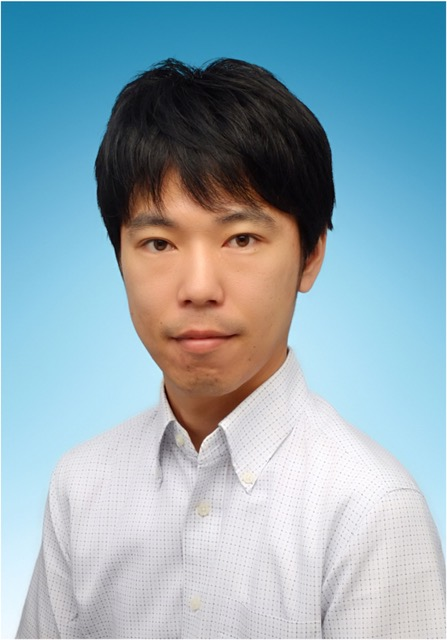Lab in Bento Box: Development of a Compact Automated Microfluidic Enzyme-Linked Immunosorbent Assay System
Yoshiaki Ukita
Department of Mechanical Engineering, University of Yamanashi, Yamanashi, JAPAN
Abstract
In the world wide pandemic of Corona virus in 2020, the importance to prepare various simple to advanced testing techniques such as PCR, antigen testing, antibody testing, etc., not only pandemic situation but also normal times, has become widely recognized. Not only from the viewpoint of preventing the spread of infection in pandemics, but also considering aging society and limited human resource in the medical field, there is a strong demand for the establishment of next-generation’s medical infrastructure such as home medical care and telemedicine. Remote technology based on existing information and communication (ICT) infrastructure such as remote medical examinations has been steadily developing, and diagnostic technology utilizing artificial intelligence (AI) is also growing rapidly.
On the other hand, with regard to the blood test technology that is the basis of various diagnoses, it is essential to collect blood manually, and there is a problem that is essentially incompatible with the above ICT technology. Therefore, it is essential to develop a ubiquitous blood testing technology in parallel with the above technology. In order to achieve this, it is important to realize a safe operation, sufficiently economical, and small testing device.
We have been developed a microfluidic system for miniaturized enzyme-linked immunosorbent assay (ELISA), which is suitable for miniaturization and lower cost, based on original centrifugal microfluidic controlling concept. In this talk I will introduce basic of the controlling principle of the microfluidic system and latest result of the development.
Short Bio

Yoshiaki Ukita was born in 4th Mar 1982 in Japan. He received Dr. degree from University of Hyogo in 2009 and became research fellow of Laboratory of Advanced Science and Technology for Industry (LASTI), University of Hyogo and Japan Society for Promotion of Science (JSPS). He became assistant professor of Japan Advanced Institute of Science and Technology (JAIST) in 2010. He became assistant professor of University of Yamanashi and have his own laboratory as principle investor from 2014. He became associate professor of University of Yamanashi in 2019. His research interest is development of microsystems and biomolecular sensing system.